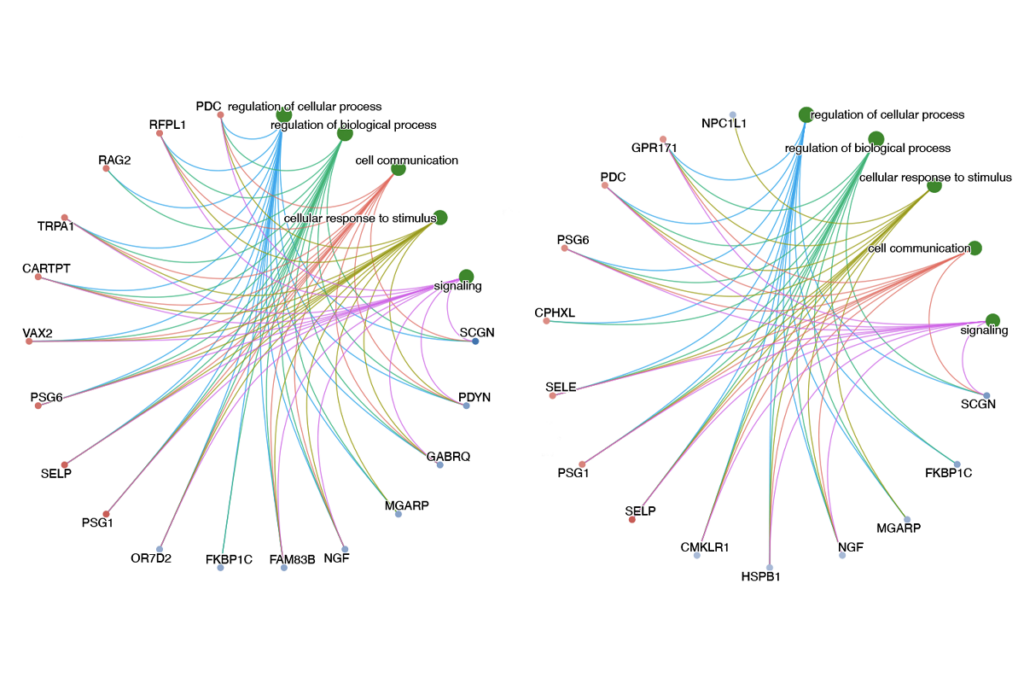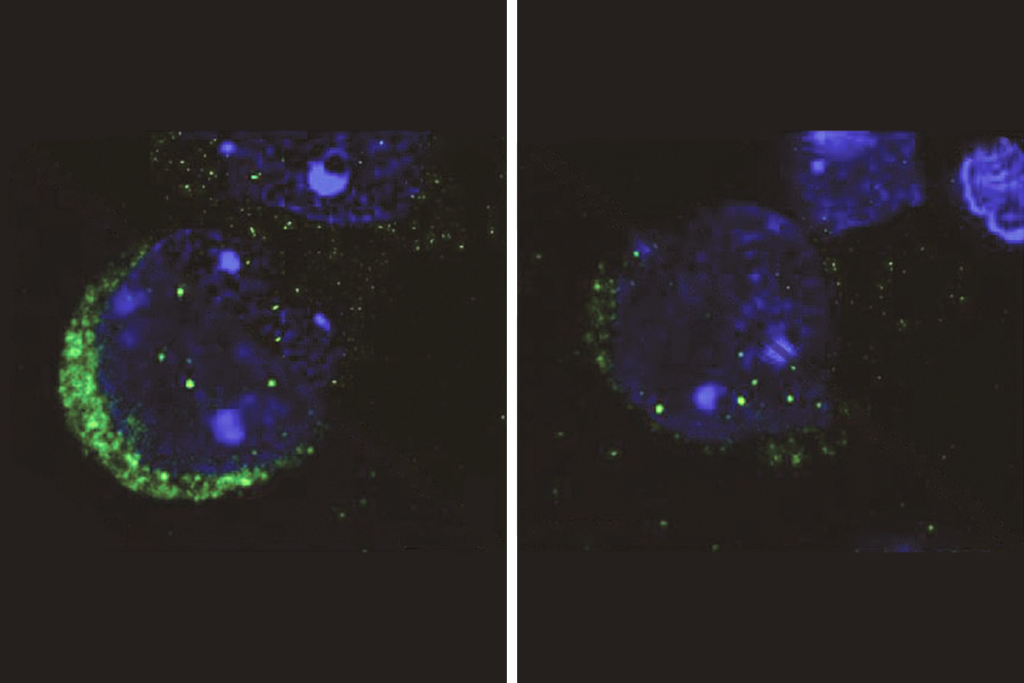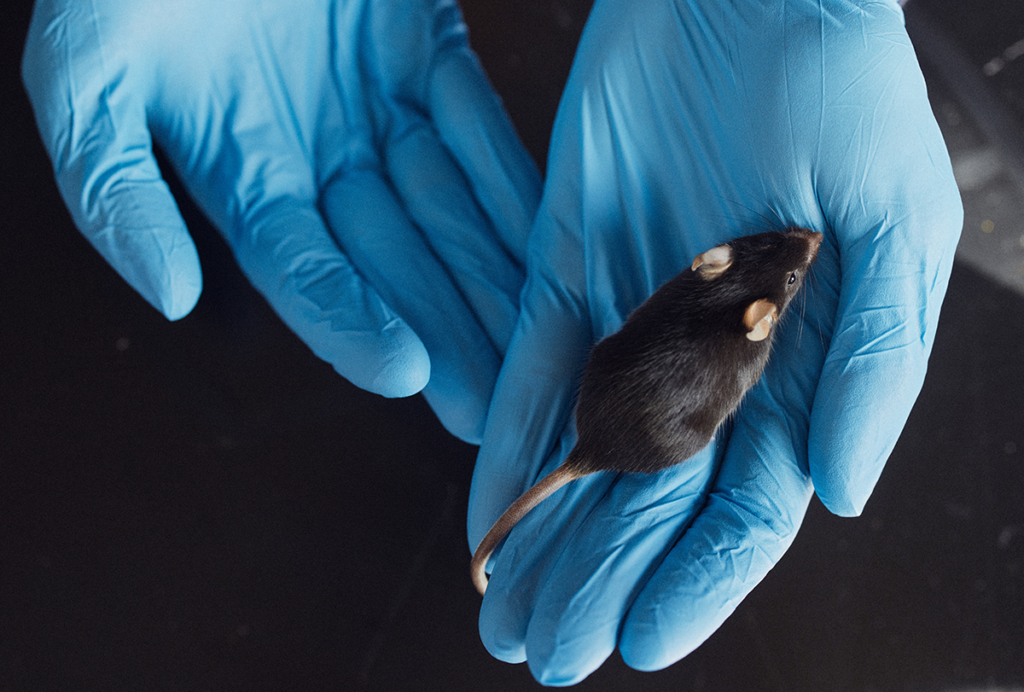Disclosure of autism at work holds risks and benefits
Telling coworkers you are autistic can bring acceptance, but it may also hinder advancement.

Autistic people generally want the same things in life that our typical peers do, regardless of where we fall on the spectrum: a sense of purpose, independence, human relationships and things to do. But most of us are unsure how to achieve these objectives.
In the past several years, the Interagency Autism Coordinating Committee (IACC) has highlighted research addressing ‘lifespan issues,’ such as housing and employment. The findings confirm what many of us know from experience: Although autistic adults are employed at rates higher than for any other group of disabled adults, only 42 percent of us have jobs in the years following high school — a gloomy statistic, at best1.
The studies do not address important aspects of job satisfaction, however. Researchers have looked at whether people are employed and the number of hours they work, but they rarely examine the types of jobs individuals have, how much they are paid or whether they have opportunities for advancement.
Just having a job isn’t enough. It is important that we enjoy our work, keep our jobs and have opportunities to make progress.
One central question those of us with jobs face is: Do I disclose my autism diagnosis to my boss and coworkers?
Unfortunately, scant research addresses how disclosing an autism diagnosis affects the attitudes of colleagues toward those of us who disclose, even though these attitudes profoundly affect our employment experiences and long-term success.
Some research suggests that disclosing autism is helpful in forming social bonds. For example, a study last year revealed that neurotypical students form more positive impressions of characters in stories who engage in unusual behavior, such as insisting on the location of a couch, when these characters are described as autistic2.
Because of evidence such as this, it might be reasonable to recommend that autistic young people disclose their diagnoses in mixed school and employment settings, David Mandell, professor of psychiatry and pediatrics at the University of Pennsylvania, stated at an IACC meeting in April.
Careful veneer:
In my experience, however, disclosure has been a double-edged sword. Being diagnosed as an adult means that I have held jobs pre-autism diagnosis, post-autism diagnosis without disclosure, and post-autism diagnosis with disclosure.
Before my autism diagnosis, I was able to complete a graduate degree, but I found it difficult to obtain and maintain a job. As far as I knew, there was nothing to disclose. But I failed job interview after job interview.
I graduated from college in 2011, during a recession, which did not help. I moved home with my parents. Eventually, I got a job as an editorial assistant at a medical journal. I thought my struggle to transition to adulthood was over. I was wrong. After two weeks, I was fired for being a “bad cultural fit.” When I asked what that meant, I received no further explanation.
My second full-time job was as an editorial assistant at a science news wire. By then, I’d received an autism diagnosis, but I didn’t disclose. It didn’t seem necessary. I hardly interacted with my coworkers and spent half of each day editing press releases. It wasn’t a social office. However, the job also involved an element of customer service, which proved challenging. One angry woman demanded to know if I was a robot. My supervisor recommended I try being less scripted. He didn’t know that wasn’t really an option for me.
I excelled at the editing portion of the job until I got a cancer diagnosis. The anxiety caused me to lose the careful veneer I’d constructed at work. My tics become worse. Some of the ways in which I stim were disturbing to my officemates; I don’t think disclosure would have made what I was doing less disruptive or distressing to watch.
I started taking more anxiety medication, which tamped down the tics but affected my cognitive performance. I was using all of my energy to sit still and had little left to actually do my job.
So, I disclosed and asked to telecommute until my cancer treatment was completed, but the company denied my request. I was told this was a privilege exclusively for senior employees. My employer developed a new impatience with my absences and errors. I resigned from the job after a little more a year to focus on my health.
Uncertain future:
At my third job, I disclosed before the job interview. I was at a nonprofit that focuses on developmental and intellectual disability research, once again as an assistant. Disclosure was helpful in some ways. People understood that when I didn’t smile or talk, it wasn’t a social slight.
I felt accepted and liked by my coworkers. I can perform well in an office setting, given the right accommodations. After two years and with newly gained confidence in my abilities, I left to dedicate my time to my startup, NOS Magazine, an online source of neurodiversity news and commentary. I’ve also had the privilege of spending more time writing and thinking about what I want out of my career. I realized that being liked isn’t the same thing as being respected. It isn’t enough.
Disclosing an autism diagnosis at work can hinder advancement. People’s low expectations of me were noticeable. I felt stuck. After asking for a promotion after some major achievements, I was denied. Then, after further achievements, I was given a title change but no pay raise, despite the existence of pay bands. I made $5,000 less than the low end of the pay band for my new job title.
It was disheartening to be outwardly liked and praised but to never receive a real promotion.
My experience reflects that of many of my autistic friends in their 30s, 40s and even 50s, with and without intellectual disabilities. We bounce from internship to internship, or get only part-time work, are paid minimum wage or are expected to volunteer for no pay. We might get paid less than a nondisabled person with a similar background would to do the same work.
I have no idea where I might be working in 5 years, let alone 10. We need more research on long-term outcomes for autistic employees. As an autistic person, uncertainty is objectively terrifying to me, but I think it would be at least moderately terrifying for anyone to not have a vision for their future.
Sara Luterman is a freelance writer and founder of NOS Magazine, the first online news and culture site by and for the neurodiversity community. Her writing has also been published in The Guardian, Slate, and The New York Times.
References:
Recommended reading

New tool may help untangle downstream effects of autism-linked genes

NIH neurodevelopmental assessment system now available as iPad app

Molecular changes after MECP2 loss may drive Rett syndrome traits
Explore more from The Transmitter

Organoids and assembloids offer a new window into human brain

Who funds your basic neuroscience research? Help The Transmitter compile a list of funding sources
